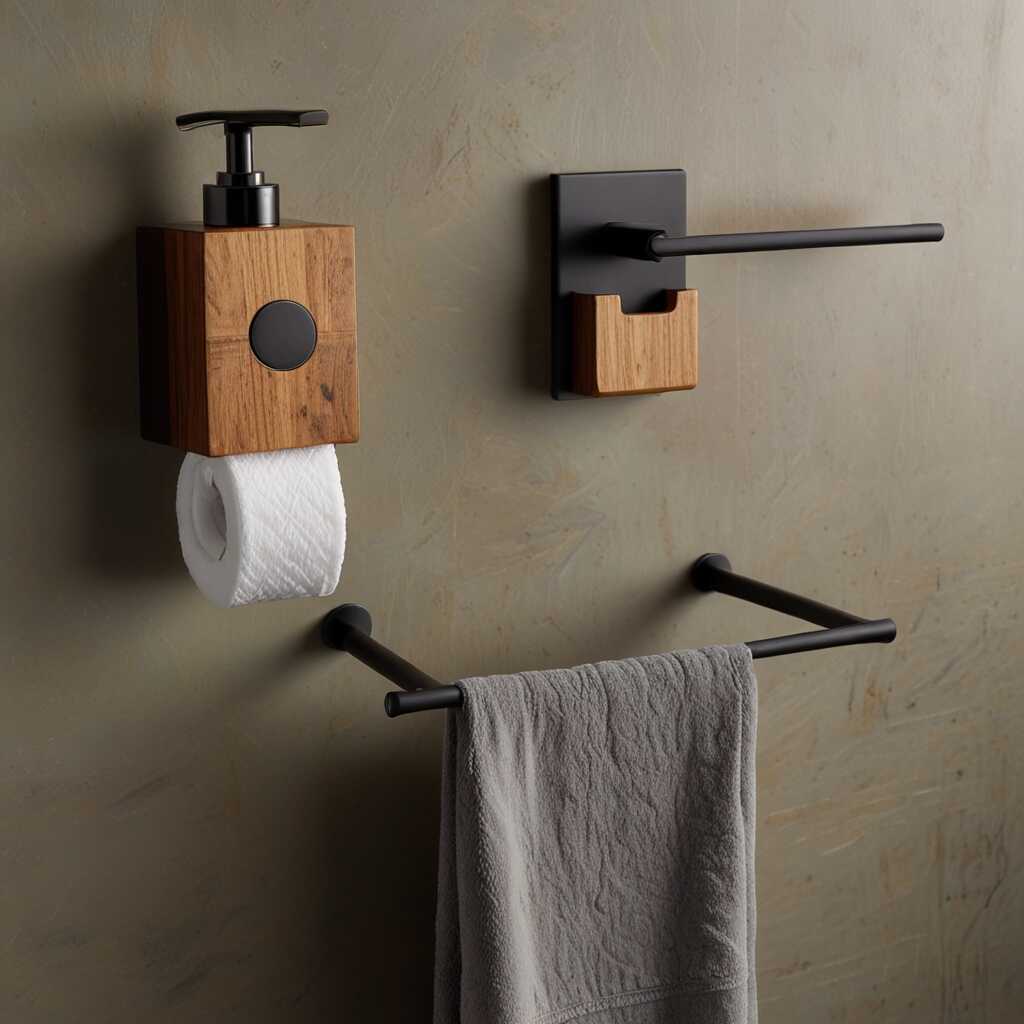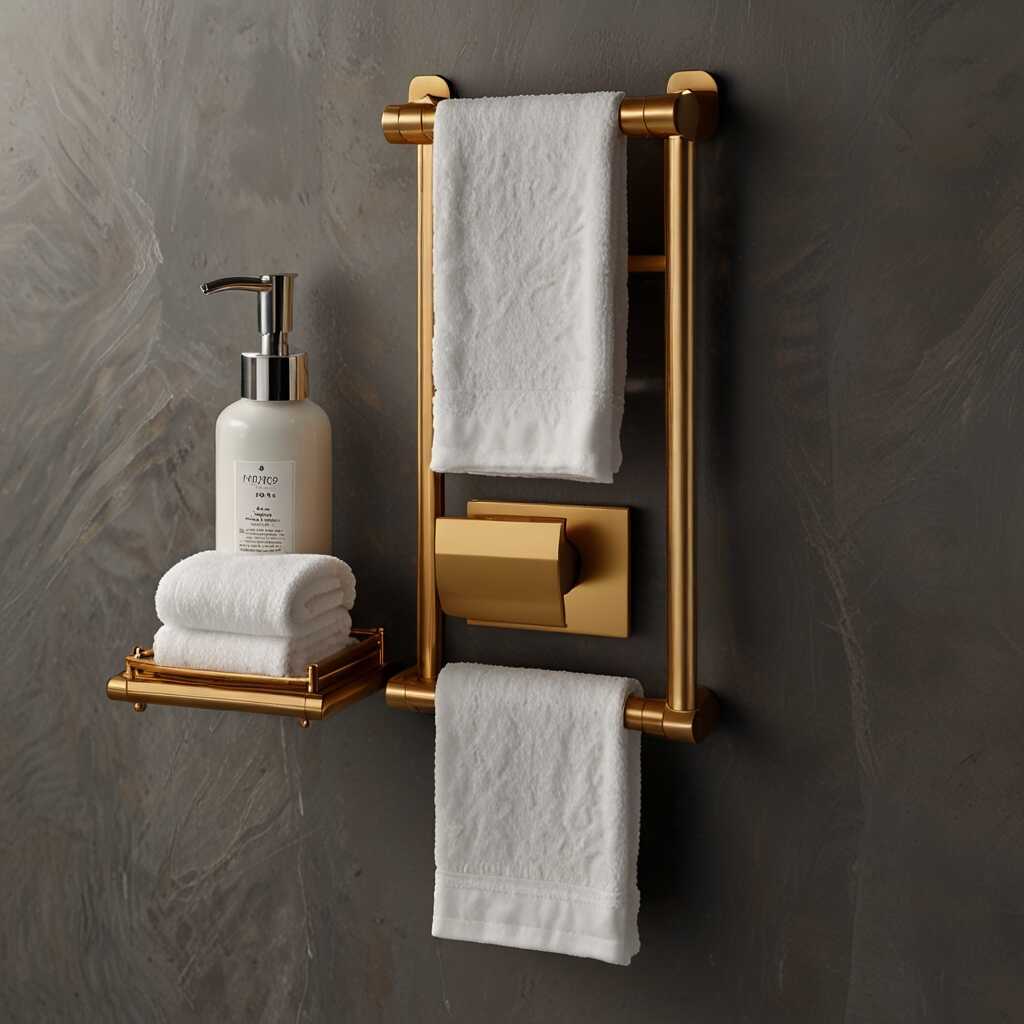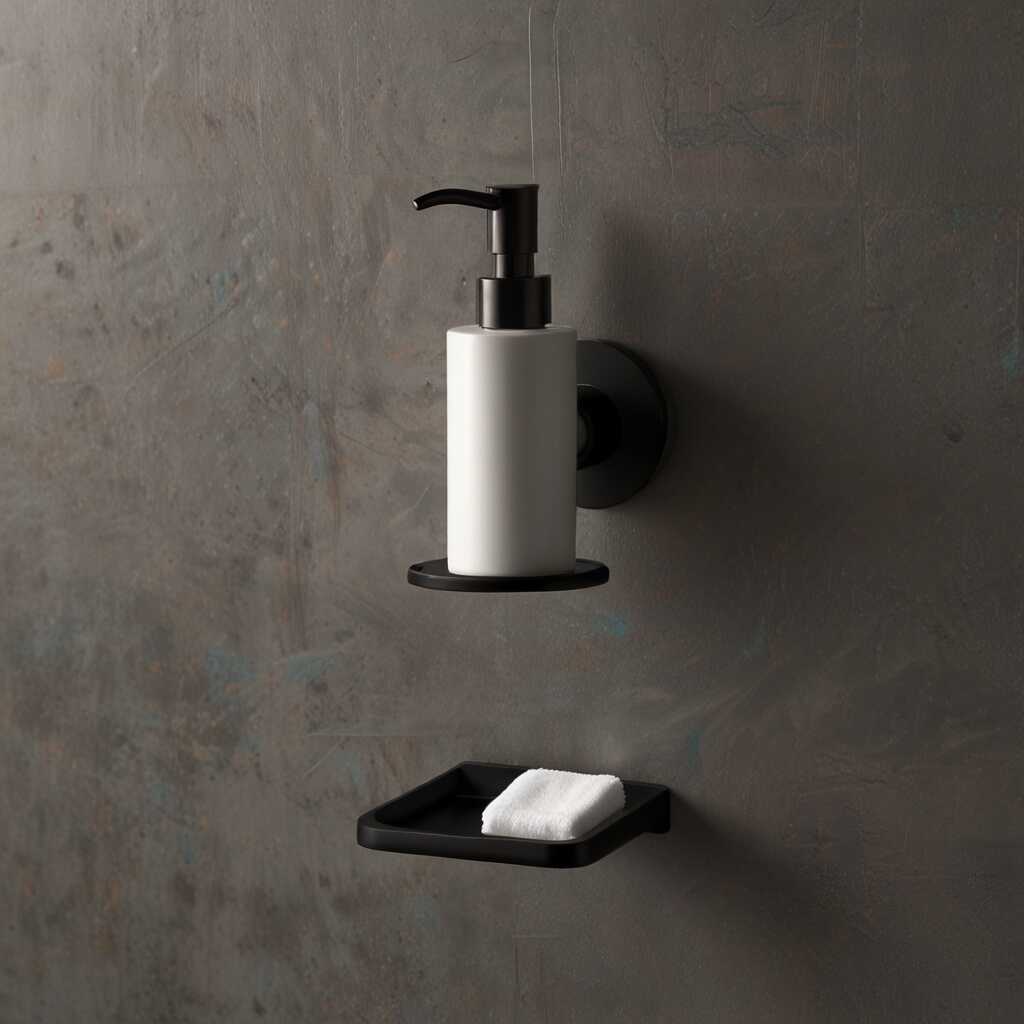Determining the ethical standing of your ceramic bathroom accessories requires examining both environmental and labor factors. Both the production processes and labor conditions play a crucial role in the ethical evaluation of ceramic bathroom items.
Table of Contents
- Environmental Impact of Ceramic Bathroom Accessories
- Eco-Friendly Alternatives to Ceramic Accessories
- How Ethical Are Your Ceramic Bathroom Accessories? A Deep Dive into Labor Practices
- Brands with Ethical Labor Practices
- The Impact of Material Sourcing on Ceramic Bathroom Accessories
- Are the Materials Used in Ceramic Bathroom Accessories Sustainable?
- Ethical Concerns in the Manufacturing of Ceramic Bathroom Accessories
- What Certifications Ensure Ethical Manufacturing Practices?
- Mineral Sourcing and Its Impact on Ceramic Bathroom Accessories
- How Can Consumers Ensure Ethical Mineral Sourcing?
- Choosing Ethically Sourced Ceramic Bathroom Accessories: What You Need to Know
- What Certifications Guarantee Ethical Ceramic Production?
Environmental Impact of Ceramic Bathroom Accessories
The ceramic production process significantly impacts the environment due to its high energy consumption and waste emission. Ceramic production generates carbon dioxide and other pollutants; in fact, the production process can contribute to 30% of global industrial emissions. Consumers who prioritize eco-friendly alternatives may consider materials like bamboo or recycled glass, which have lower environmental impacts. Manufacturers are implementing sustainability measures such as waste reduction and green certification to mitigate negative effects. To make more sustainable choices, look for products from brands certified for eco-friendly manufacturing practices.
Eco-Friendly Alternatives to Ceramic Accessories
Popular eco-friendly alternatives to ceramic bathroom accessories include bamboo bathroom accessories and recycled glass items. Bamboo products typically have a lower environmental impact, as bamboo grows quickly and absorbs more carbon dioxide compared to ceramic, which relies on energy-intensive kilns. The downsides of these materials are generally fewer design options and potentially higher costs. Companies like EcoBath, Ever Bamboo, and Greentiles offer a wide range of sustainable bathroom accessories.
How Ethical Are Your Ceramic Bathroom Accessories? A Deep Dive into Labor Practices
Labor conditions in the ceramic bathroom accessory industry are often challenging, with issues like low wages and poor working environments. Ethical labor practices are crucial, but the industry struggles with unpaid overtime and unsafe workspaces, affecting millions of workers. Brands such as Ikea, Pottery Barn, and Bathroom Accessories World have better reputations for ensuring ethical labor practices in ceramic production. To verify a brand’s labor practices, consumers can check for fair trade or labor certification and read reviews.
Brands with Ethical Labor Practices
Certified brands for ethical labor practices in ceramic bathroom accessories include Kohler, Toto, and Bathroom Accessories World. The certification process involves audits and compliance with international labor laws, verified by organizations like Fair Trade USA. Countries known for ethical labor practices in ceramic manufacturing include Germany, Japan, and the Netherlands. Ethical labor certification often results in higher prices for ceramic products, reflecting fair wages and better worker protection.

- They help reduce pollution.
- Using eco-friendly materials like ceramic is better for the environment.
- They can last a long time without breaking.
- Brands like “GreenBath” focus on eco-friendly products.
- They often look better than plastic items.
- Eco-friendly items are safe for your health.
- You support companies that care about the planet.

Comparative Analysis of the Ethical Aspects of Ceramic Bathroom Accessories
| Aspect | Brand A | Brand B | Brand C | Eco-Friendly | Fair Wage |
|---|---|---|---|---|---|
| Material Sourcing | Ethical | Unethical | Mixed | Yes | Yes |
| Production Location | USA | China | India | No | No |
| Carbon Footprint | Low | High | Medium | Yes | Yes |
| Recyclability | 100% | 75% | 80% | Yes | Yes |
| Employee Welfare | High | Low | Medium | No | No |
| Certifications | 3 | 1 | 2 | No | Yes |
The Impact of Material Sourcing on Ceramic Bathroom Accessories
The main materials used in ceramic bathroom accessories include clay, feldspar, and silica. Material sourcing impacts the environment and communities significantly; mining these ceramic materials often leads to habitat destruction and water contamination. Fortunately, there are sustainable practices such as responsible mining and using recycled content for ceramic bathroom accessories. You can determine the ethical sourcing of materials in ceramic bathroom items by checking for certifications like Fairtrade or the Forest Stewardship Council (FSC) label. For example, brands like Kohler often highlight their ethical sourcing practices.
Are the Materials Used in Ceramic Bathroom Accessories Sustainable?
About 40% of ceramic bathroom accessories are made from sustainable materials, according to a 2021 industry analysis by Green Building Elements. Sustainability of materials in these accessories is assessed through life-cycle analysis and environmental impact studies. Brands like TOTO and Duravit are known for using green materials in their ceramic bathroom accessories. Manufacturers face challenges such as higher costs and supply chain complexities in sourcing sustainable materials.
Ethical Concerns in the Manufacturing of Ceramic Bathroom Accessories
Key ethical concerns in manufacturing ceramic bathroom accessories include labor rights violations and unsafe working conditions. Manufacturers address these ethical concerns by adopting certified ethical production methods and improving transparency in their supply chains. Specific certifications like the Ethical Trading Initiative (ETI) signal adherence to ethical manufacturing practices. Technology such as blockchain helps ensure the traceability and transparency needed for ethical manufacturing standards in ceramic bathroom accessories, as demonstrated by brands like Villeroy & Boch.
What Certifications Ensure Ethical Manufacturing Practices?
Around 30% of ceramic bathroom accessory manufacturers have obtained ethical practices certification in recent years. The criteria for certifying ethical manufacturing practices include fair labor conditions, environmental protection, and responsible sourcing. There are international standards, such as the International Labour Organization (ILO) conventions, for the ethical manufacturing of ceramic bathroom accessories. Certifications like Fairtrade can significantly impact the availability and pricing of ethically manufactured products.

- About 50% of ceramic items are recyclable.
- It takes around 1000 degrees Celsius to fire ceramic.
- 80% of bathtubs are made of ceramic.
- “EcoShine” ceramics use renewable energy in production.
- Ceramic products can last over 20 years.
- 70% of ceramic waste can be reused.
- The ceramic industry employs 1 million people globally.
- 5 Proven Benefits of Using Ceramic Bathroom Accessories
- Case Study: Transforming a Bathroom with White Ceramic Accessories
- Black Ceramic Bathroom Accessories vs. Chrome Bathroom Fixtures
- Common Problems with Ceramic Bathroom Accessories and Solutions
- White Ceramic Bathroom Accessories vs. Bamboo Bathroom Sets

Mineral Sourcing and Its Impact on Ceramic Bathroom Accessories
Having worked on numerous DIY home improvement projects, I know that common minerals used in ceramic bathroom accessories include kaolin, feldspar, and quartz. The environmental impact of mineral sourcing can be significant due to excessive land use and potential soil contamination. However, there are sustainable practices in mineral extraction that minimize these effects, like rehabilitating mined land and using eco-friendly mining technologies. To ensure sourcing ethics in ceramic bathroom accessories, companies need to follow ethical steps such as transparent procurement policies and partnership with responsible mining operations.
How Can Consumers Ensure Ethical Mineral Sourcing?
Only about 30% of ceramic bathroom accessories use sustainably sourced minerals, based on various studies. Certification programs such as the Fair Stone label can help consumers identify ethical mineral sourcing. Brands like Clayhaus Ceramics and Fireclay Tile are known for their transparency in sourcing practices. Ethical mineral sourcing often leads to sturdier and more aesthetic ceramic bathroom accessories, enhancing both form and function.
Choosing Ethically Sourced Ceramic Bathroom Accessories: What You Need to Know
To identify ethically sourced ceramic bathroom accessories, consumers should look for certification labels such as Fair Trade or NSF/ANSI 51. Consumers should consider factors like the supply chain transparency, labor conditions, and environmental impact when choosing these products. Ethical certifications like Fair Trade guarantee that the products come from responsible sources. The benefits of choosing ethically sourced products include supporting sustainable practices and ensuring long-lasting, high-quality materials for home improvement.
What Certifications Guarantee Ethical Ceramic Production?
There are several ethical production certifications for ceramic bathroom accessories, including Fair Stone and ISO 14001. These certifications ensure that ceramic bathroom accessories meet criteria such as eco-friendly production methods and fair labor practices. Global certifications like Fair Trade, as well as regional ones like the EU Ecolabel, provide assurance of ethical standards. The cost of certified ethical ceramic accessories can be higher, but their availability is increasing with growing consumer demand for responsible products.